
By Alice Fleerackers, with input from Yao-Hua Law, Mario Malički, Luisa Massarani, Chelsea Ratcliff, and François van Schalkwyk

By Alice Fleerackers, with input from Yao-Hua Law, Mario Malički, Luisa Massarani, Chelsea Ratcliff, and François van Schalkwyk

Our lab is growing! In our Three Questions series, we’re profiling each of our members and the amazing work they’re doing.
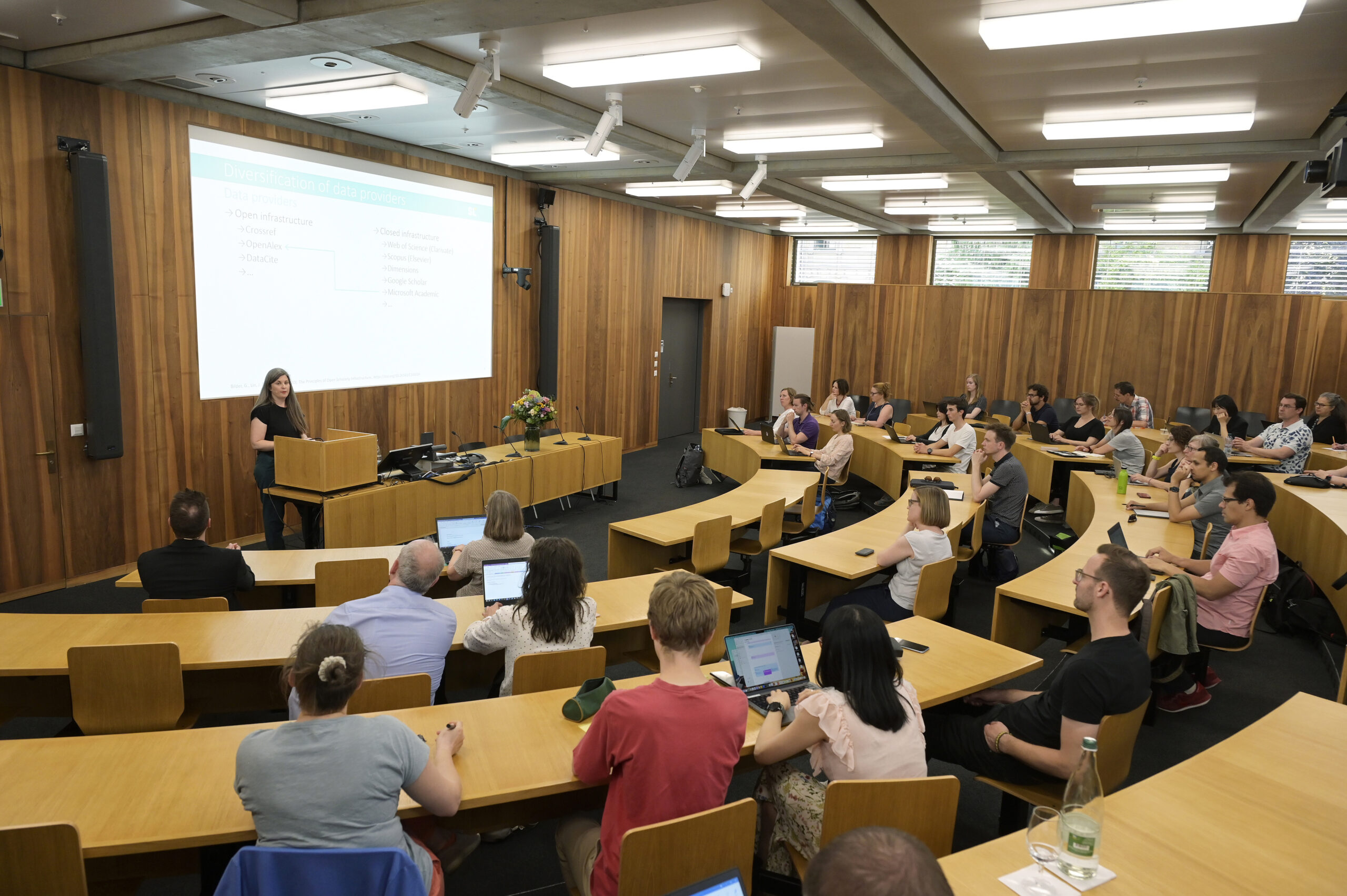
This blog post is the last of a four part series based on the keynote presentation by Stefanie Haustein at […]
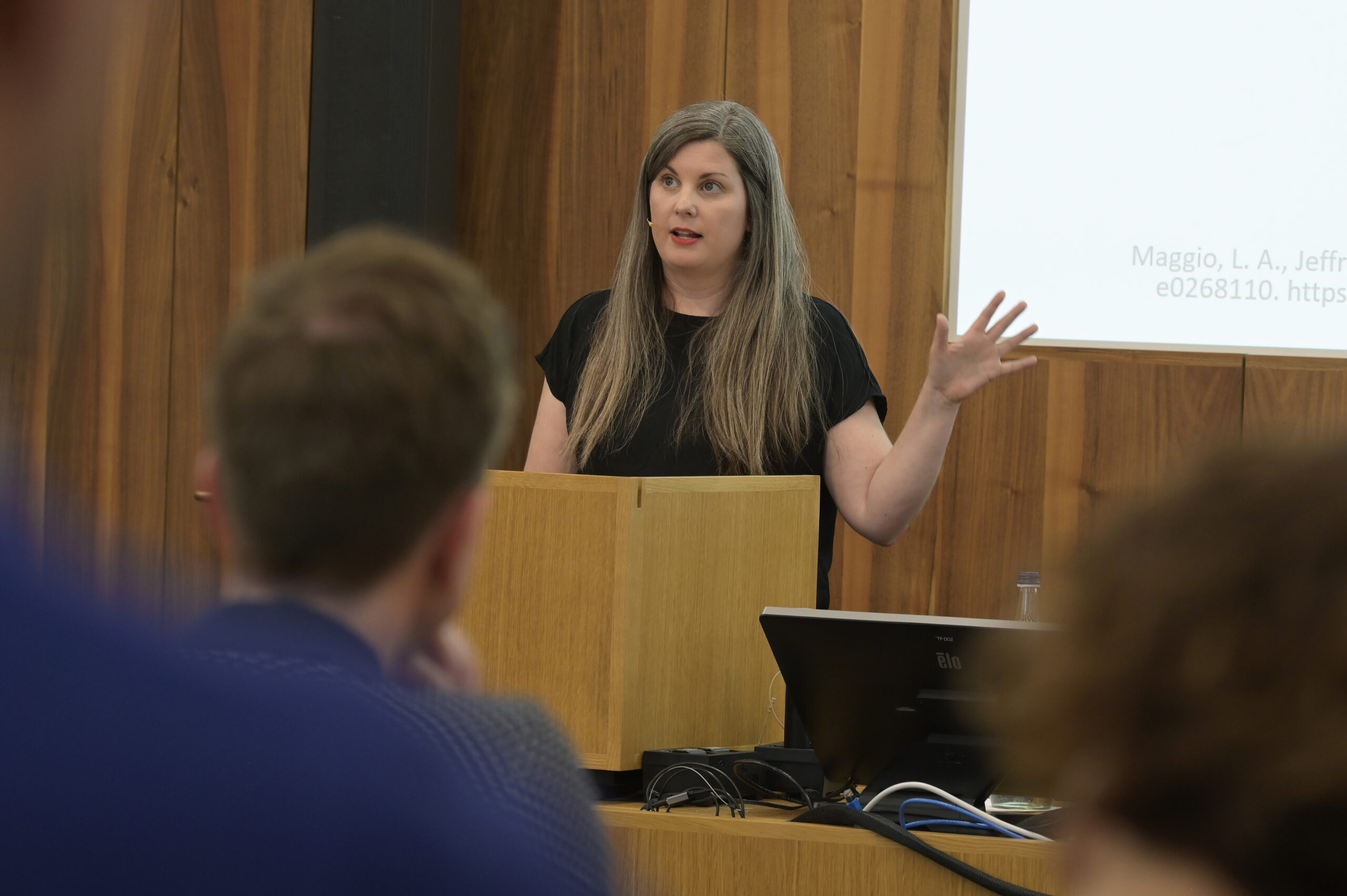
This blog post is the third in a four part series based on the keynote presentation by Stefanie Haustein at […]
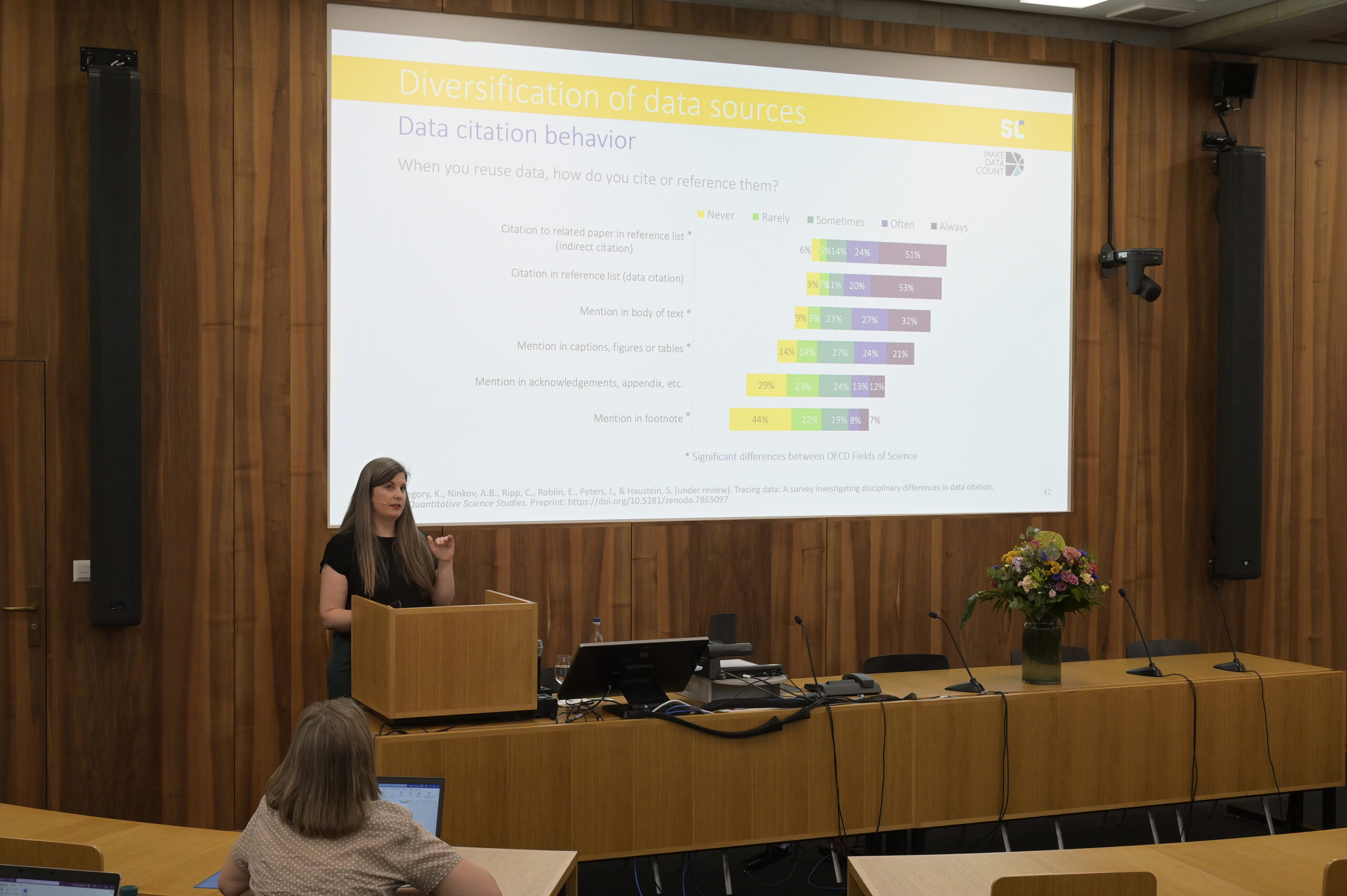
This blog post is the second in a four part series based on the keynote presentation by Stefanie Haustein at […]
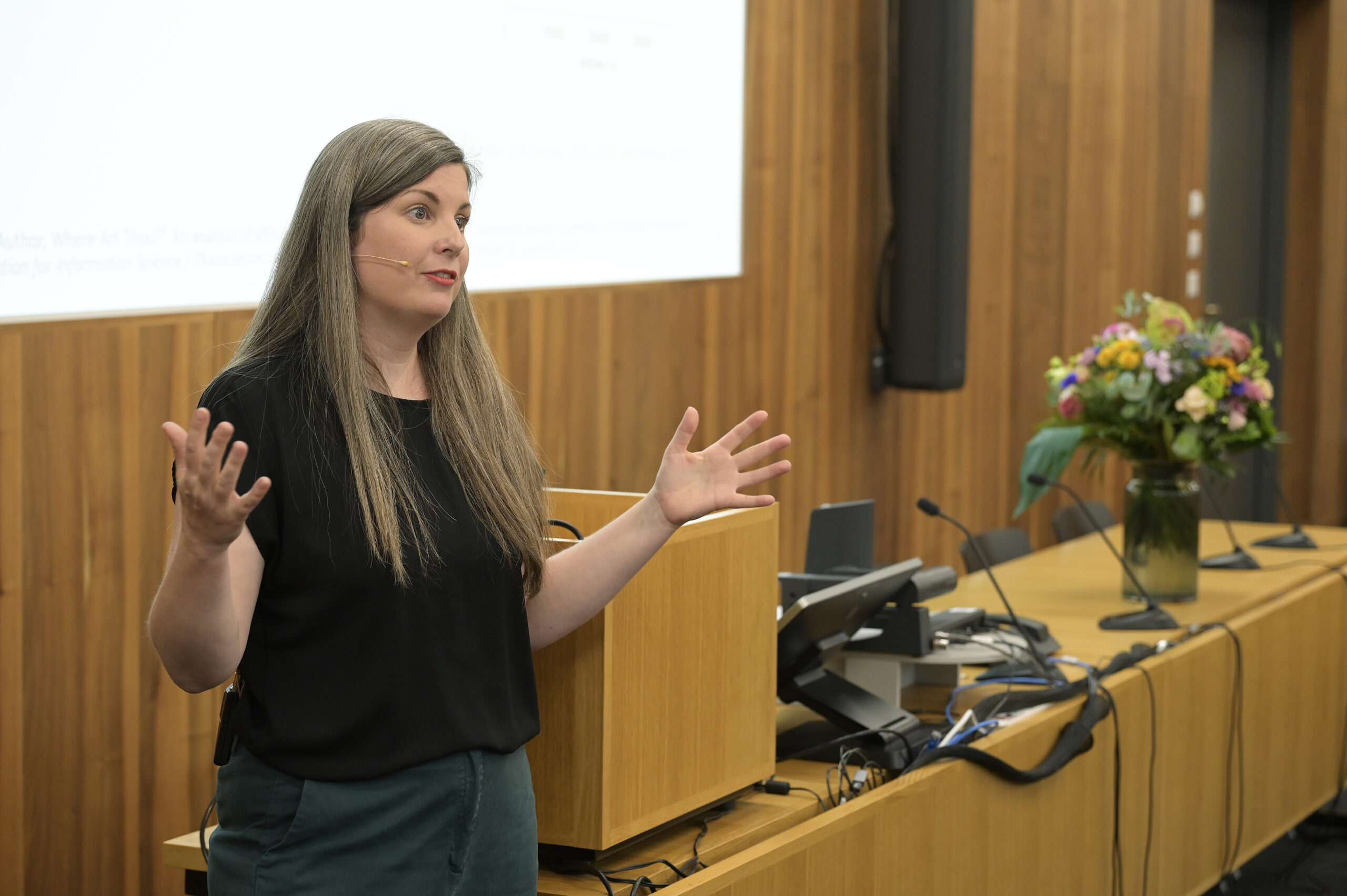
This blog post is the first in a four part series based on the keynote presentation by Stefanie Haustein at […]
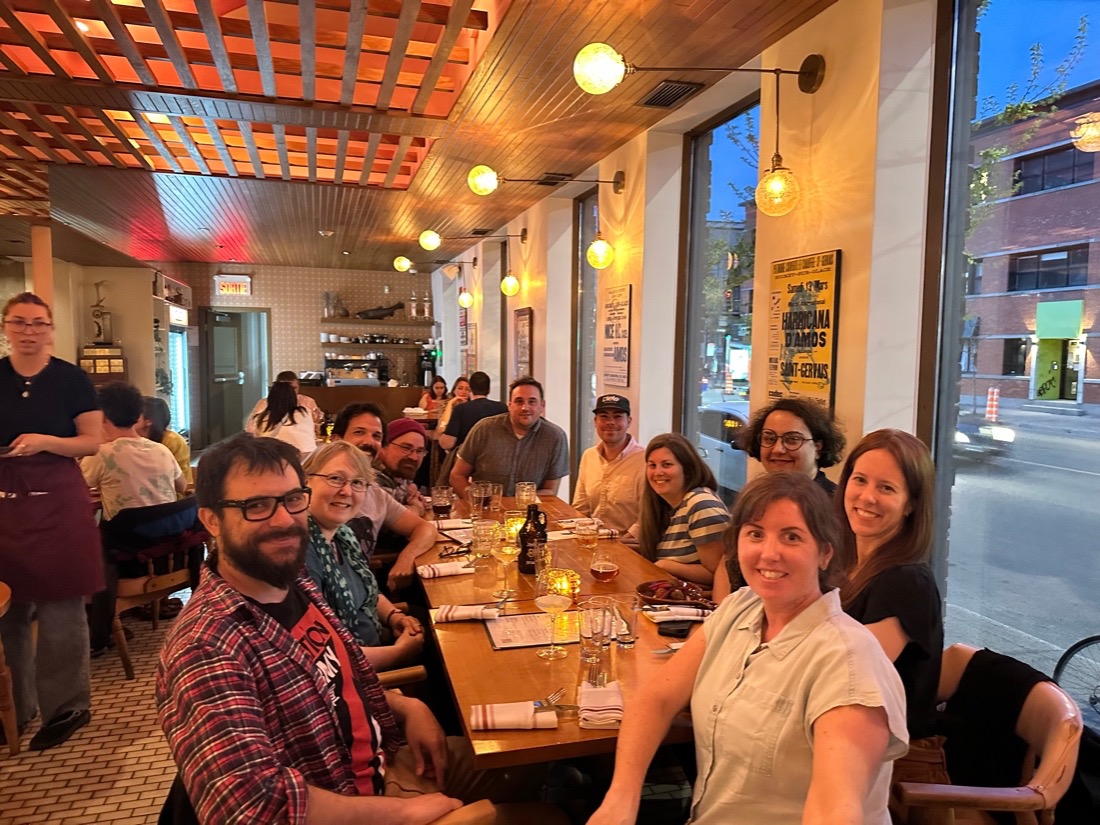
By Chantal Ripp, with editorial support by Olivia Aguiar The 90 th annual ACFAS conference was held at the Université de Montréal, HEC Montréal, and Polytechnique Montréal from May 8 to May 12, 2023. Over the years, the ACFAS Congress has become the largest multidisciplinary gathering of Francophone scholars, attracting participants from around the world.

Fatou Bah, master’s student in the ScholCommLab, attended the 2023 Bromley Memorial event in Washington, D.C. alongside invited graduate students […]

In our digital era, scientists are certainly sharing and reusing open data.

Doctors are moving out of their clinics and taking over the digital world.

In the slow, unpredictable world of journal publication, preprints—unreviewed published papers—offer a mechanism for rapidly communicating health research with the […]